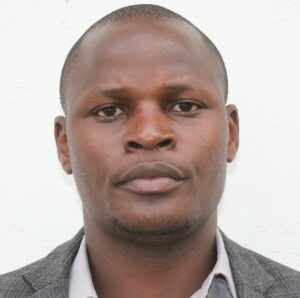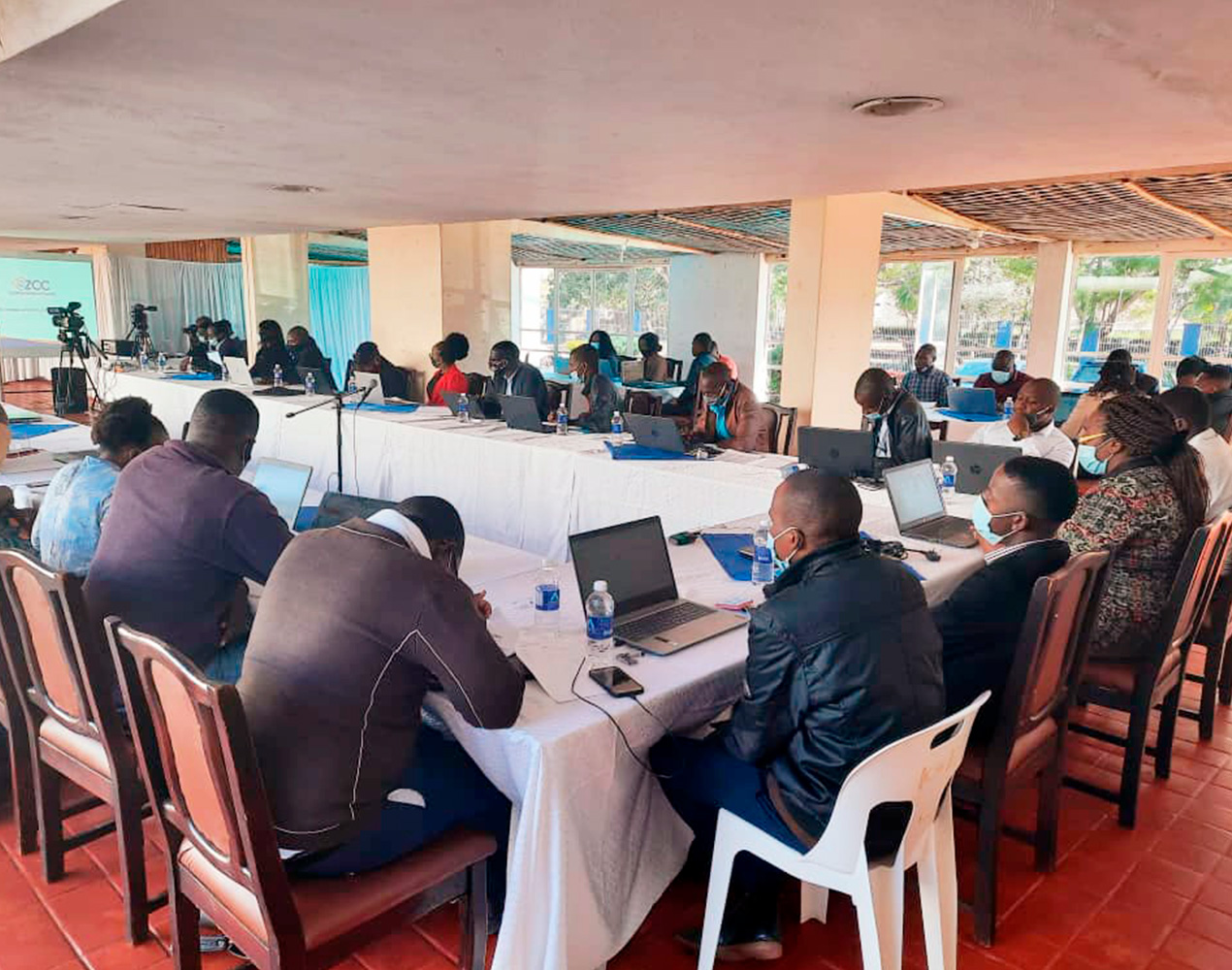Three elections were held in Zimbabwe at once in August 2023: a vote for the President, Parliament and local government representatives. Felm supported its partner, the Zimbabwe Council of Churches (ZCC), in advocacy striving to ensure peaceful conduct of the elections and to encourage the people of Zimbabwe, especially young people and women, to vote. More than one million people were reached through ZCC’s social media channels.
”We carried out peace work before and after the elections. We engaged in a dialogue with the government, the independent election commission and political parties. We organised events at which we prayed for peace,” says Admire Mutizwa, Head of ZCC’s Division on Peace & Just Societies.
”A day before the elections, we organised a prayer event with high-level participants, including Members of Parliament. This event has been regarded as an important factor in reducing violence.You cannot say that the situation was calm because there is a lot of deeply entrenched hatred in our country, for
example associated with elections. But we are happy that few lives were lost because of the elections,” says Mutizwa.
ZCC and the churches published their own critical statement on questionable incidents associated with the elections. ZCC has also established a group of value leaders, which includes bishops of member churches and leaders of other denominations. The aim of this group is to strengthen the role of churches in society and to promote dialogue on Zimbabwe’s future.
”Churches are trusted institutions in Zimbabwe. More than 84% of our population are Christians. People trust churches more than state institutions. A survey conducted in 2017 showed that 72% of Zimbabweans trust churches. Churches are credible and people have a positive attitude towards them.”

According to Mutizwa, churches have special potential for building peace because of their trusted position. In addition to its work relating to the elections, ZCC has supported churches’ preparation for the process of dealing with the 1980s genocide.
”In Zimbabwe, there is an unresolved conflict known as Gukurahundi, in which nearly 20 000 people died. These events are still causing polarisation as the issue has not yet been dealt with. We are supporting citizens in a government-led process that seeks to provide tools for resolving it,” says Mutizwa.
The churches plan to offer local pastors’ support at the hearings. In addition, experts in psychosocial support and psychological first aid are being trained.
”With Felm’s support, ZCC is able to respond to the complex and deep-rooted problems in our country. Our economy is in poor shape, inflation and unemployment are high, and incomes are low. Young people are emigrating. By means of deaconry and humanitarian aid, we can support families who have no food security. Felm supports us in building peace and responding to the complex challenges of our country, while it helps us meet people’s acute needs. This is the added value of the support provided by Felm,” says Mutizwa.
Text: Minna Havunen (translated from the original article in Finnish)

